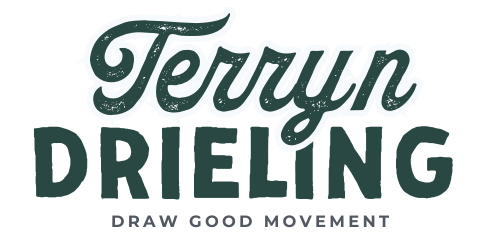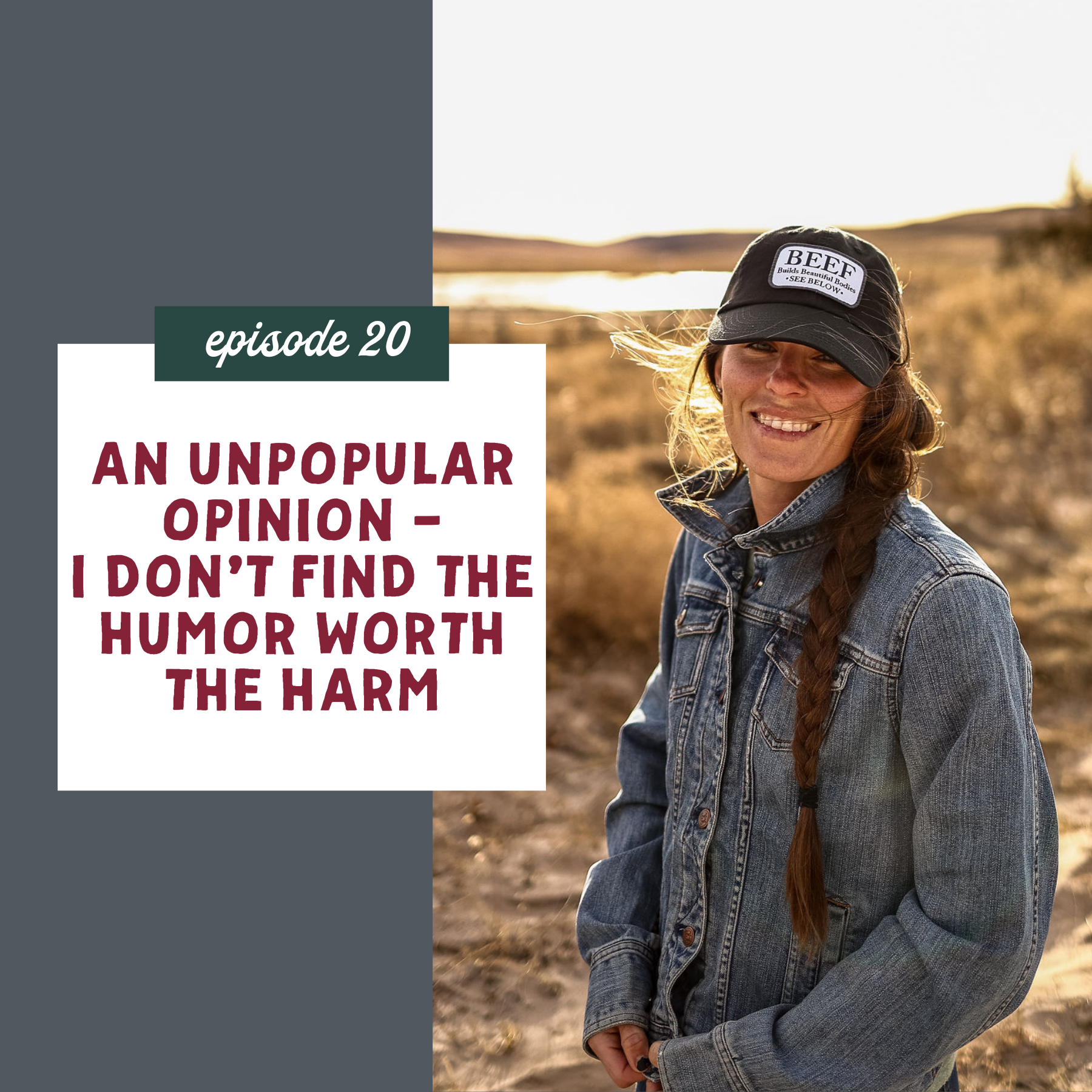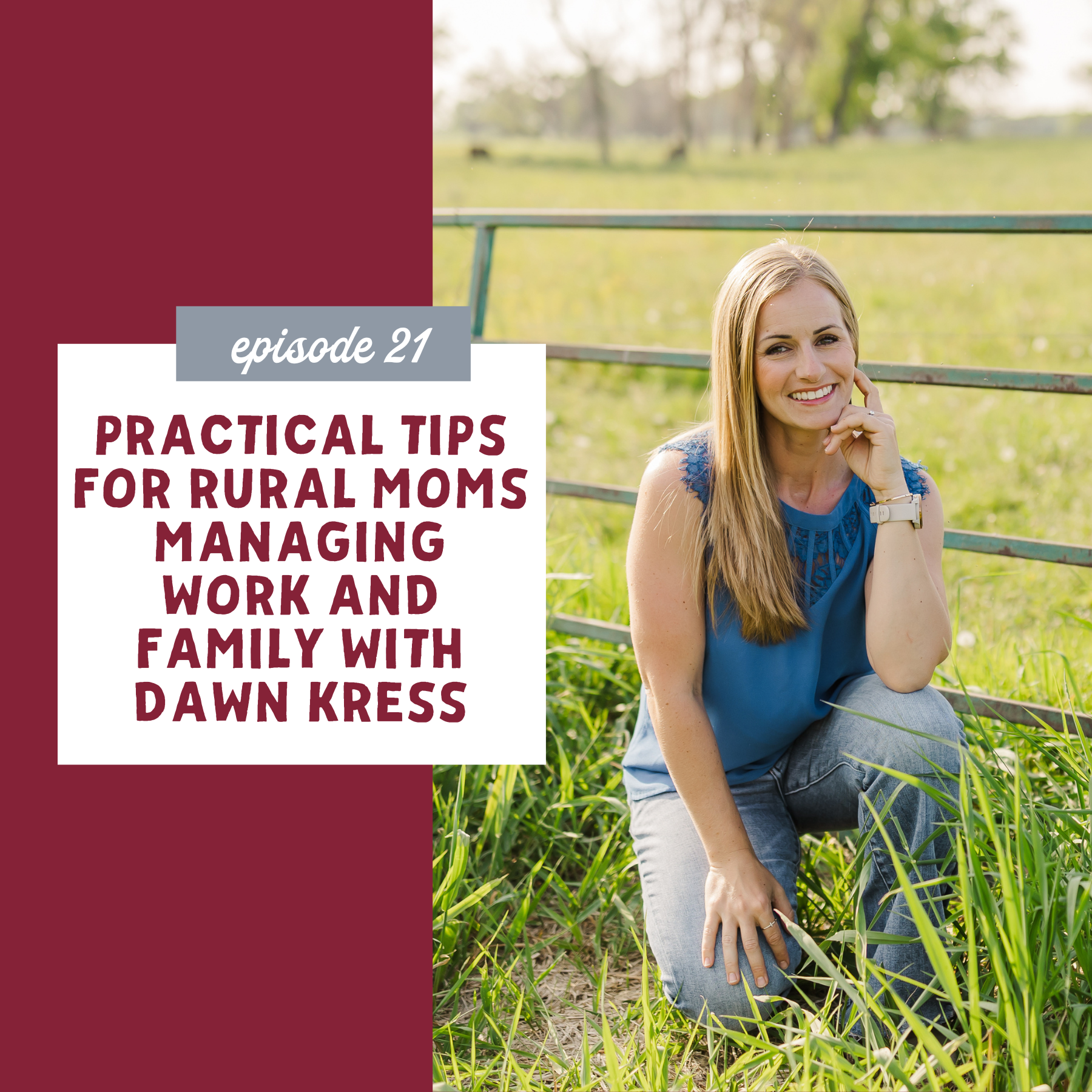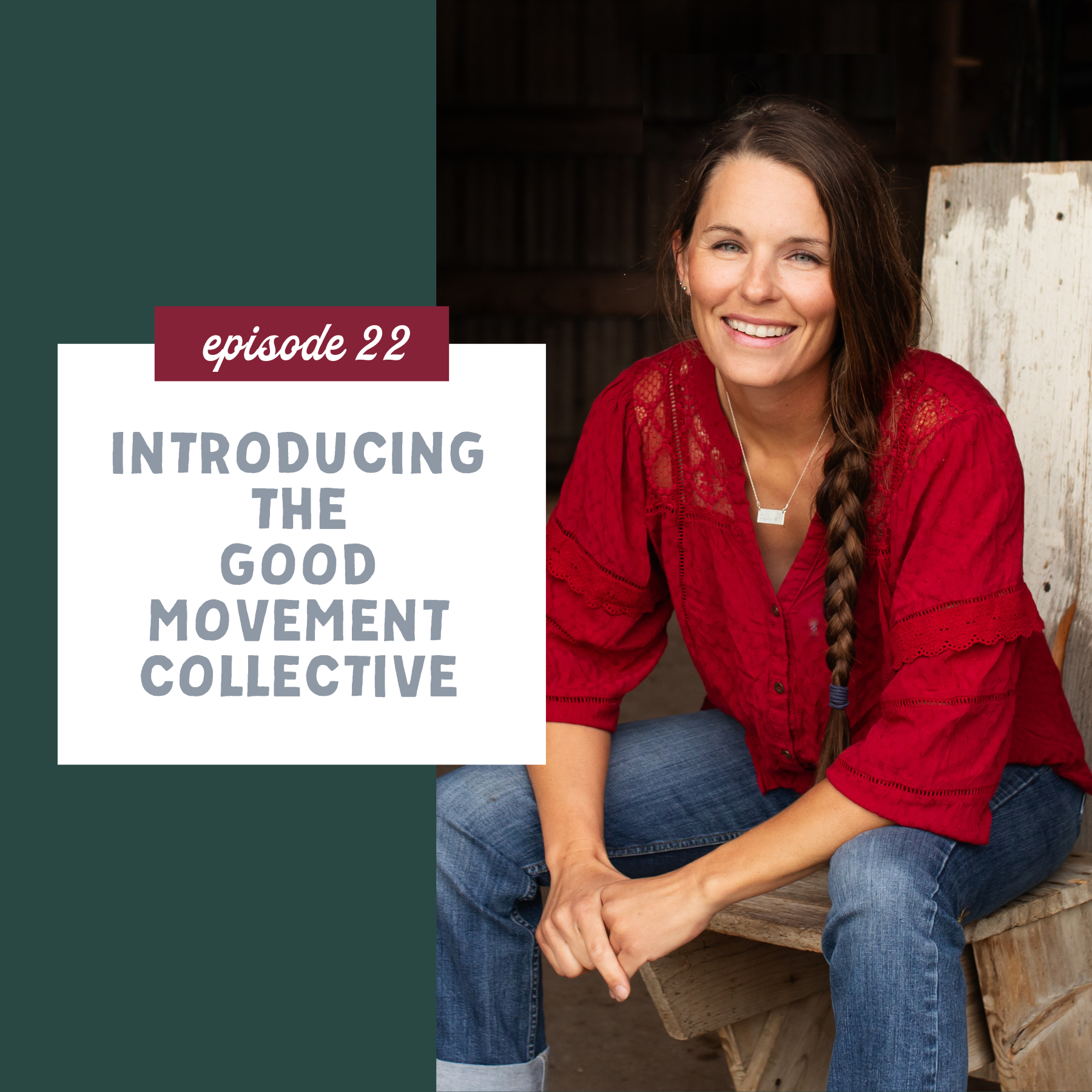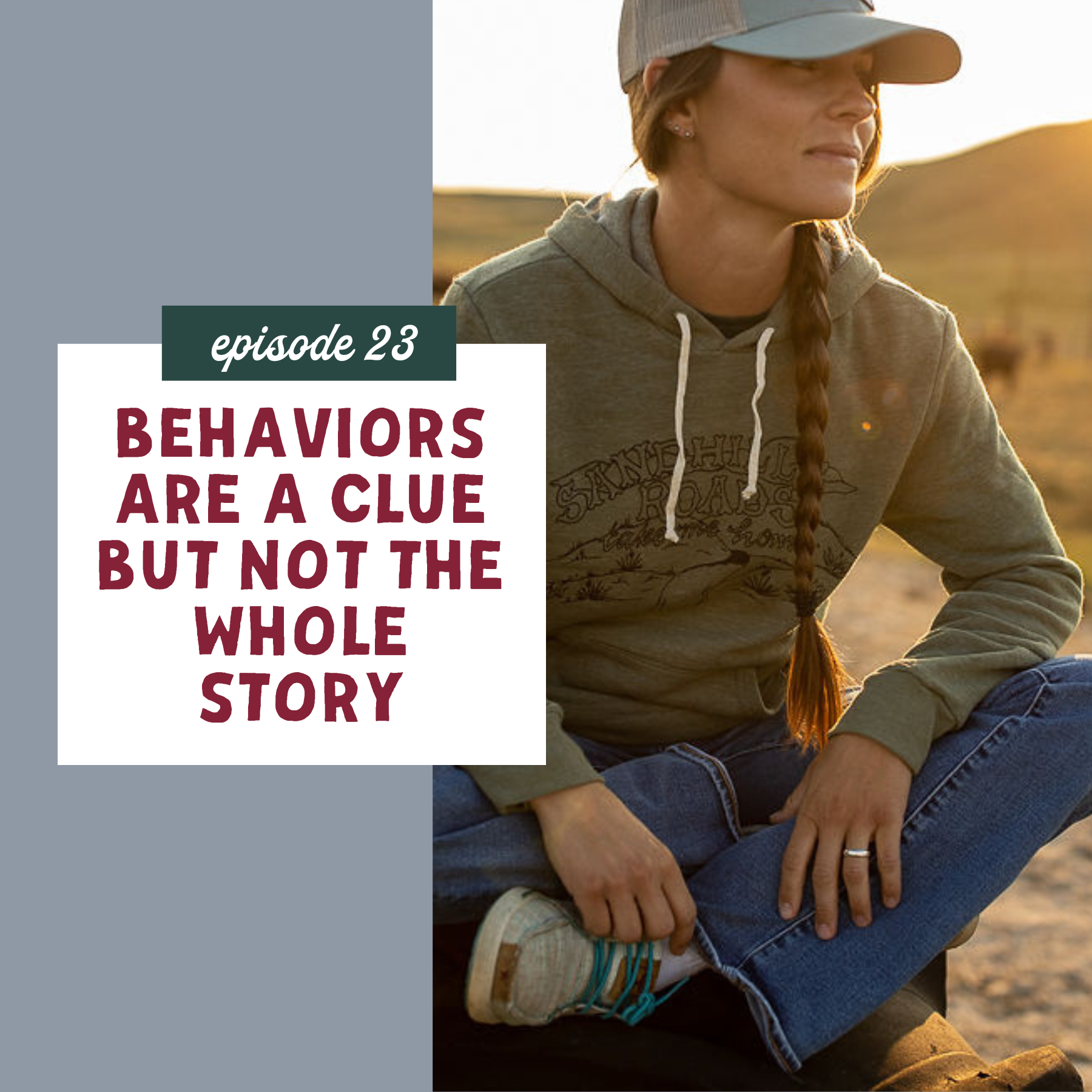What Happens When Honest Questions Are Met with Resistance? [episode 33]
![header graphic for What Happens When Honest Questions Are Met with Resistance? [episode 33]](https://terryndrieling.com/wp-content/uploads/2024/05/Terryn-Ep-33-header.png)
Listen to What Happens When Honest Questions Are Met with Resistance? on: Apple Podcasts | Spotify | Google Podcasts
Today I want to touch on one of my favorite tools you can use to improve communication – asking honest questions! This is something I like to discuss often on the podcast, because I believe that honest questions and compassionate curiosity are one of THE best ways we can improve overall communication in our society. However, I also know this process doesn’t always feel natural – both for the person asking, and for the person on the receiving end.
In today’s episode, I talk about what happens when honest questions are met with resistance, and how you can handle situations when you receive pushback from others. Oftentimes, people just need to get something off their chests. It can feel difficult to answer questions (especially for those in the older generation) during a conflict or high-stress situation, and both parties may feel defeated when nothing is resolved. No matter who you’re talking with and directing your questions toward, it’s important to model behavior that YOU want to see in return.
Whenever you’re met with resistance from others, don’t be afraid to ask honest questions, and be genuinely curious. Honest questions help us to not only move forward from a place of knowledge (instead of assumption), but they also let the other person hear their answers, which can be pretty powerful. While this isn’t something that is going to ‘magically’ happen overnight, I truly believe this can help all of us improve our everyday communication and interactions when we practice it regularly!
In this episode, What Happens When Honest Questions Are Met with Resistance, we cover:
- What to do when you ask honest questions and receive honest answers with pushback from others
- How to get others (especially those from an older generation) to answer honest questions in the ‘heat of the moment’, and/or when you really need answers
- The importance of modeling the behaviors you want to to see from others
Resources & Links:
- Nebraska Women in Ag Herd That! Conference use code TerrynHT24 for $5 off registration
- Join the waitlist for the Good Movement Collective
- Join the waitlist for the Start with You Mastermind
- Good Movement music by: Aaron Espe
- Podcast produced by: Jill Carr Podcasting
Connect with Terryn:
- Follow on Instagram @terryn.drieling
- Check out my website
- Send me an email at terryn@terryndrieling.com
Related Episodes:
- Episode 30: Let’s Normalize Asking Questions
- Episode 32: Spoiler Alert – There’s Nothing Wrong with Talking About How We Really Are
More about the Good Movement Draws Good Movement podcast:
In stockmanship (the art and science of handling cattle in a safe, effective, low-stress manner), we have this phrase . . . good movement draws good movement.
It’s this thing that happens when we ask a small group of cattle, maybe a cow, or a pair to move out in a certain direction and their movement draws the whole herd into moving in the same direction.
Good movement happens when we approach the cattle with a positive attitude, read and really listen to what they’re telling us, and communicate accordingly.
We don’t approach the aware, flighty cattle the same as we do the tame, docile cattle. We adjust ourselves, our energy, and approach, and communicate with each differently.
These adjustments help us effectively draw good movement from each, which then draws good movement from the herd. But it starts with us.
The same is true for humans. Good movement starts with us.
Welcome to Good Movement Draws Good Movement, the podcast where farmers, ranchers, and rural folks can grow relationally through awareness, understanding, and effective communication.
Hey, it’s me – T. I’m your host, and I, along with my guests, will be covering topics related to drawing good movement – things like self and social awareness, brain science, positive psychology, extending grace, and so much more.
We’ll share tools that can help you understand why you are the way you are, why others are the way they are, and how you can use that to step out of self-told lies with grace and compassion to draw good movement in conversations, relationships, and life in rural America.
Tune in every Tuesday and make sure to hit subscribe so you never miss an episode! Let’s go draw good movement!
